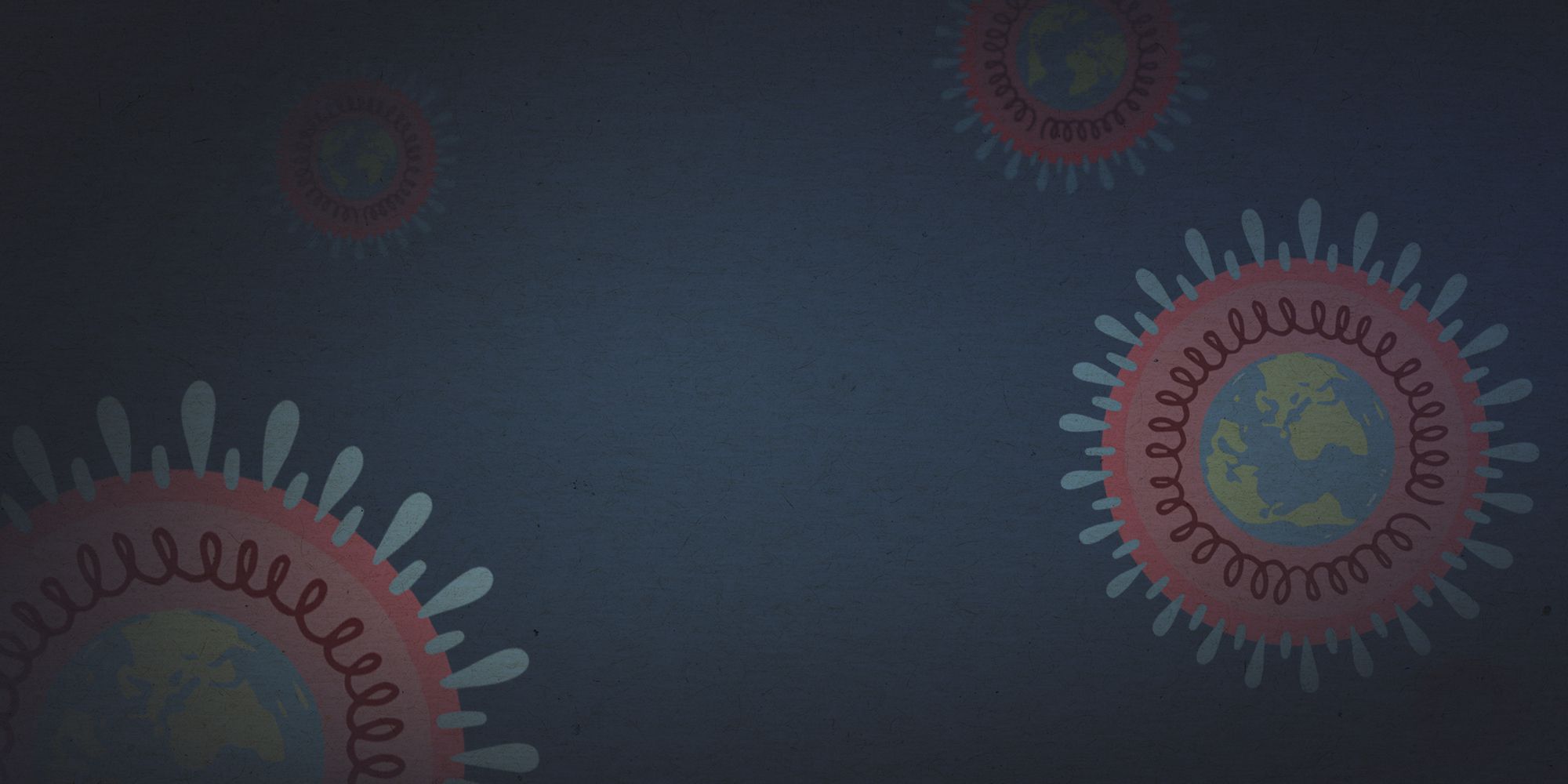CRISPR-based enhancers of DNA vaccines for COVID-19
Project Overview
We are developing a CRISPR-based DNA-vaccine enhancer for COVID-19 that would radically reduce the timeline to develop vaccines against current and future viral threats.
DNA vaccines are an extremely appealing emerging technology because they have the potential to hasten the production of vaccines against novel viral threats to a time frame of a few weeks, allowing rapid deployment in response to emerging pathogens such as SARS-CoV-2, the virus that causes COVID-19. The DNA vaccine approach is appealing because, unlike conventional vaccines, it (1) allows precise control over antigen design, (2) is easily adapted to new, emerging pathogens, (3) elicits both humoral and cell-mediated immunity, and (4) allows for rapid scalability with ease of manufacture. However, despite the many advantages of DNA vaccine technology, the platform has yet to be harnessed for broad clinical use because, so far, DNA vaccines have required large doses, repeated dosing regiments, and have exhibited limited overall efficacy.
Our goal is to develop a DNA-vaccine-enhancing adjuvant that will be compatible with current DNA vaccine methods being developed, including electroporation devices. This will improve immune responses from a single dose, and thus allow for two to three times as many people to be vaccinated with a given vaccine stock, greatly reducing the time to create protective herd immunity. This holds great promise for diminishing the negative impacts of the current pandemic, and would radically transform the timeline of vaccine development in response to future viral threats.
This work is funded by the Laboratory for Genomics Research (LGR), a collaboration between UC Berkeley/UCSF (IGI) and GlaxoSmithKline.
Principal Investigators
- Alex Marson
- Ross Wilson
Researchers
- Dana Foss
- David Nguyen
